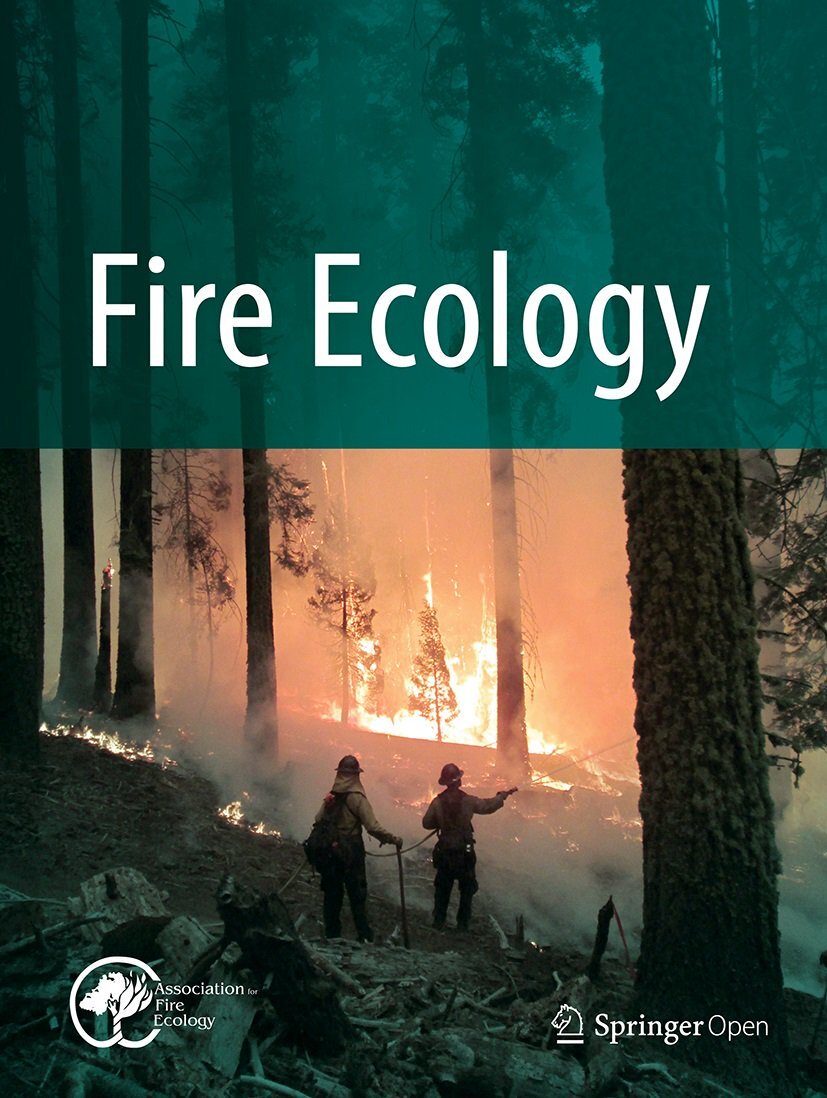Exciting new article published in Fire Ecology! So many thanks to these co-authors and all those involved over the years in moving the field of fire ecology forward.
Principles of Fire Ecology
Abstract
Fire ecology is a complex discipline that can only be understood by integrating biological, physical, and social sci-ences. The science of fire ecology explores wildland fire’s mechanisms and effects across all scales of time and space.However, the lack of defined, organizing concepts in fire ecology dilutes its collective impact on knowledge and man-agement decision-making and makes the discipline vulnerable to misunderstanding and misappropriation. Fireecology has matured as a discipline and deserves an enunciation of its unique emergent principles of organization.Most scientific disciplines have established theories, laws, and principles that have been tested, debated, and adoptedby the discipline’s practitioners. Such principles reflect the consensus of current knowledge, guide methodologyand interpretation, and expose knowledge gaps in a coherent and structured way. In this manuscript, we introducefive comprehensive principles to define the knowledge fire ecology has produced and provide a framework to sup-port the continued development and impact of the fire ecology discipline.
Authors
Leda N. Kobziar, J. Kevin Hiers, Claire M. Belcher, William J. Bond, Carolyn A. Enquist, E. L. Loudermilk, Jessica R. Miesel, Joseph J. O’Brien, Juli G. Pausas, Sharon Hood, Robert Keane, Penelope Morgan, Melissa R. A. Pingree, Karin Riley, Hugh Safford, Francisco Seijo, J. Morgan Varner, Tamara Wall & Adam C. Watts


